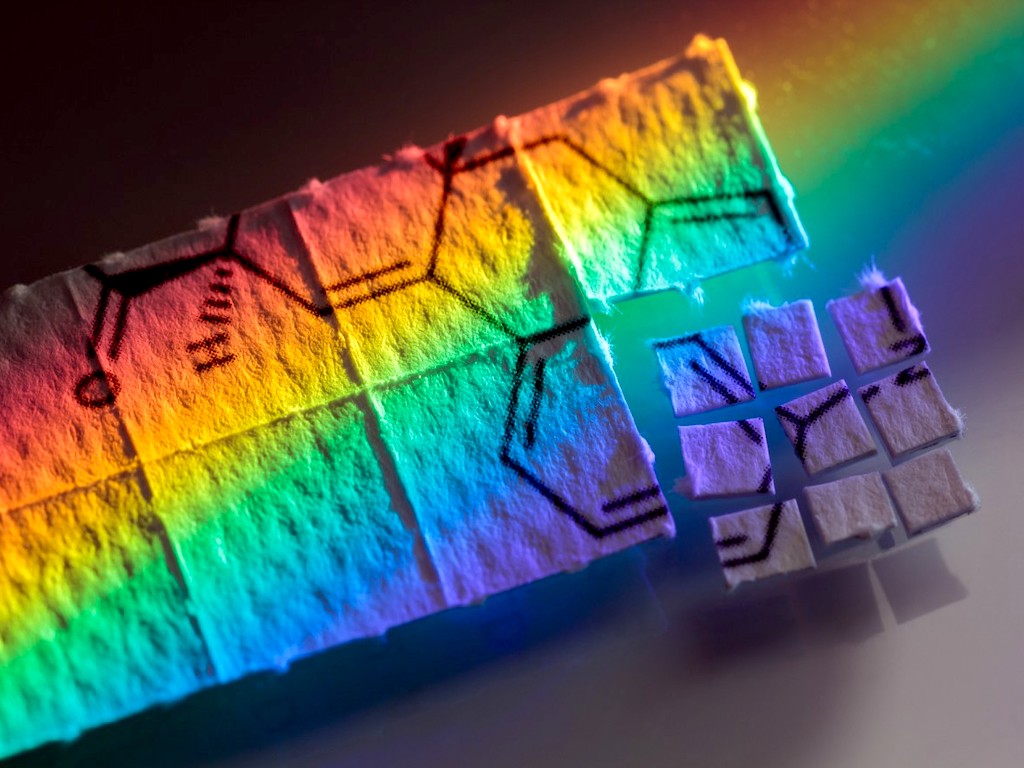3 Mins Read
Psychedelic drugs are currently classified as an illegal substance in most countries around the world, yet explosion of recent research findings have put LSD and other psychedelics back onto the map for their potential as a wellbeing-enhancing tool. From improving symptoms of depression and anxiety, to helping people struggling with addiction to alcohol, tobacco and cocaine, to boosting long-term positive mood restructuring, a number of scientific studies are touting the healing benefits of psychedelics.
Lysergic acid diethylamide – often known as LSD or acid – is a type of hallucinogenic drug classed under the family of psychedelics. Though there is no conclusive evidence to support that they are addictive or cause long-term harms to mental health, LSD and many psychedelic drugs were declared illegal under the United Nations Convention on Psychotropic Substances of 1971. In the United States, it is classified as a Schedule I drug, the most serious category restricted for substances with “no currently accepted medical use and a high potential for abuse.”
Recent research might be turning this around, with a wave of studies resulting in findings so intriguing that government departments are giving the go-ahead for more scientific studies to be done to find out whether psychedelics like LSD can be beneficial.
Read: Bibliotherapy – can reading books make you healthier & happier?
But the story for LSD started decades ago, in the 1930s, when Swiss chemist Albert Hoffman synthesised the acid to create a treatment for bleeding disorders and accidentally absorbed a dose of it during his research. Hoffman quickly became curious about the feelings of euphoria, and wrote about his experience to the scientific community. Soon, researchers all over the world began experimenting with LSD, as well as other plant-based hallucinogens such as psilocybin, derived from mushrooms and mescaline, found in the peyote cactus.
Though the scientific community began nurturing their findings about psychedelics and LSD as a form of treatment for various issues such as alcohol addiction and anxiety disorders, this research was quickly cut short by the negative publicity centred on the side-effects of LSD – which had become common for recreational use – and eventually led to the outlaw of psychedelic substances.
Fast-forward a couple of decades, scientists began exploring the healing potential of psychedelics again using micro-dosages of the drug. In 2008, the Multidisciplinary Association for Psychedelic Studies (MAPS) received approval from the FDA to study LSD-assisted psychotherapy for end-of-life anxiety. The study found “positive trends” to help patients reduce anxiety after 2 sessions administered under the guidance of a certified psychotherapist.
In 2015, a large-scale study involving over 130,000 participants found no link between the use of psychedelics such as LSD, psilocybin or mescaline and mental health damage, though a small percentage in other studies did report negative experiences.
Read: CBD goes mainstream in wellness as Colgate enters the market
The true watershed moment, however, came in 2017, when a double-blind randomised trial study showed that a single dose of psilocybin produced “rapid, marked and enduring anti-anxiety and depression effects” as well as helping people with symptoms of obsessive compulsive disorder (OCD) and alcohol dependence.
Since then, as research has delved into a range of different psychedelic drugs, LSD in particular has been shown in a number of recent studies to help with anxiety and providing a “blissful” state for users. Most participants reported feelings of greater receptiveness, closeness to others, openness, happiness and long-term positive mood boost as well. Amid the growing consumer interest in optimising our health, fitness and wellbeing – especially in Asia – these findings give hope that LSD could in the future be an addition to our wellness toolkit and help support existing medical forms of treatment.
Indeed, it is still too early to say that psychedelics will be bouncing right back. A great deal more research needs to be done to discover how we can mitigate the negative side-effects and what long-term risk factors are associated with use, but it does seem like we might see a return for LSD in the wellness world in the future.
Lead image courtesy of Deposit Photos.




